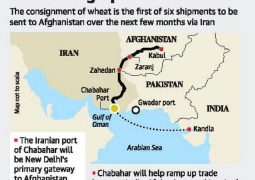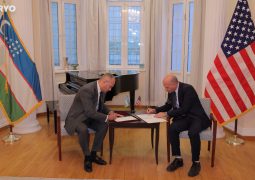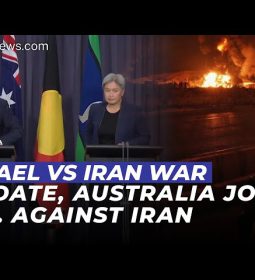Turkish FM Fidan wants Ethiopia to calm tensions with Somalia

Foreign Minister Hakan Fidan is traveling to Ethiopia to hold discussions with his counterpart Taye Atske Selassie and Prime Minister Abiy Ahmed on Saturday, amid ongoing tensions with Somalia over access to the Red Sea.

Türkiye stepped in as a mediator between Somalia and Ethiopia regarding a port deal Ethiopia signed with the self-declared Republic of Somaliland earlier this year
Fidan is expected to discuss bilateral relations, the Ethiopia-Somalia reconciliation process, as well as regional issues during his visit, according to diplomatic sources.

Ethiopia’s stated ambition to secure access to the Red Sea is a source of tension between the Horn of Africa nation and its neighbors. It has raised concerns of a fresh conflict in the region.
Ethiopia, the world’s most populous landlocked country, lost its access to the sea when Eritrea gained de facto and de jure independence in 1991 and 1993, respectively.
The diplomatic sources said the issue of access to the Red Sea for economic reasons is high on Ethiopia’s agenda.
Recalling the signing of a memorandum of understanding (MoU) between Ethiopia and Somaliland on Jan. 1 this year and the announcement by the Somaliland leader that Ethiopia would be the first country to recognize Somaliland, the sources said that the talk of recognizing Somaliland drew serious reactions from the international community.
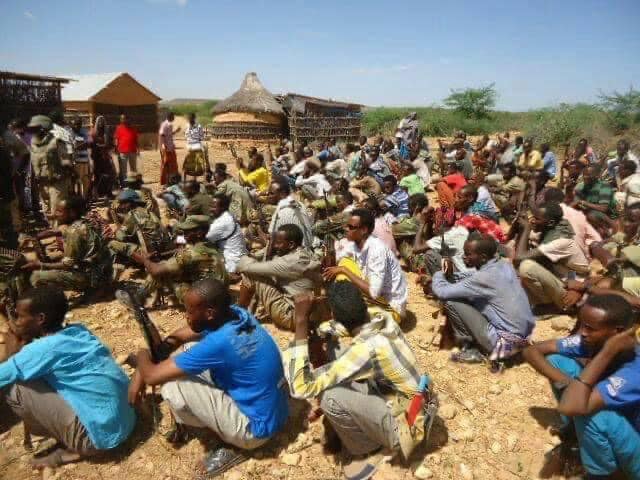
The sources recalled that Ethiopian leader’s Special Envoy Mulatu Teshome Wirtu and Foreign Minister Selassie met with President Recep Tayyip Erdoğan on May 8, during which they requested Türkiye’s support in the dispute with Somalia.
Fidan also met with his Ethiopian and Somali counterparts, when he hosted them in Ankara on July 1.
At the end of the meeting, the parties issued a joint statement expressing their willingness to resolve the issue peacefully and agreed to meet again on Sept. 2 in Ankara.

The sources added that the international community appreciated Türkiye’s efforts to establish a sustainable dialogue channel between the parties to resolve the crisis despite rising tensions in the two regions.
Türkiye-Ethiopia diplomatic relations date back to 1896, before the founding of the Republic of Türkiye. They also hold notable importance in Türkiye’s Africa Partnership Policy.
The Turkish Embassy in the Ethiopian capital of Addis Ababa was established in 1926, while Ethiopia’s Embassy in Ankara opened in 1933. Although Ethiopia’s Ankara Embassy was closed in 1984 due to a regime change, it was reopened in 2006.
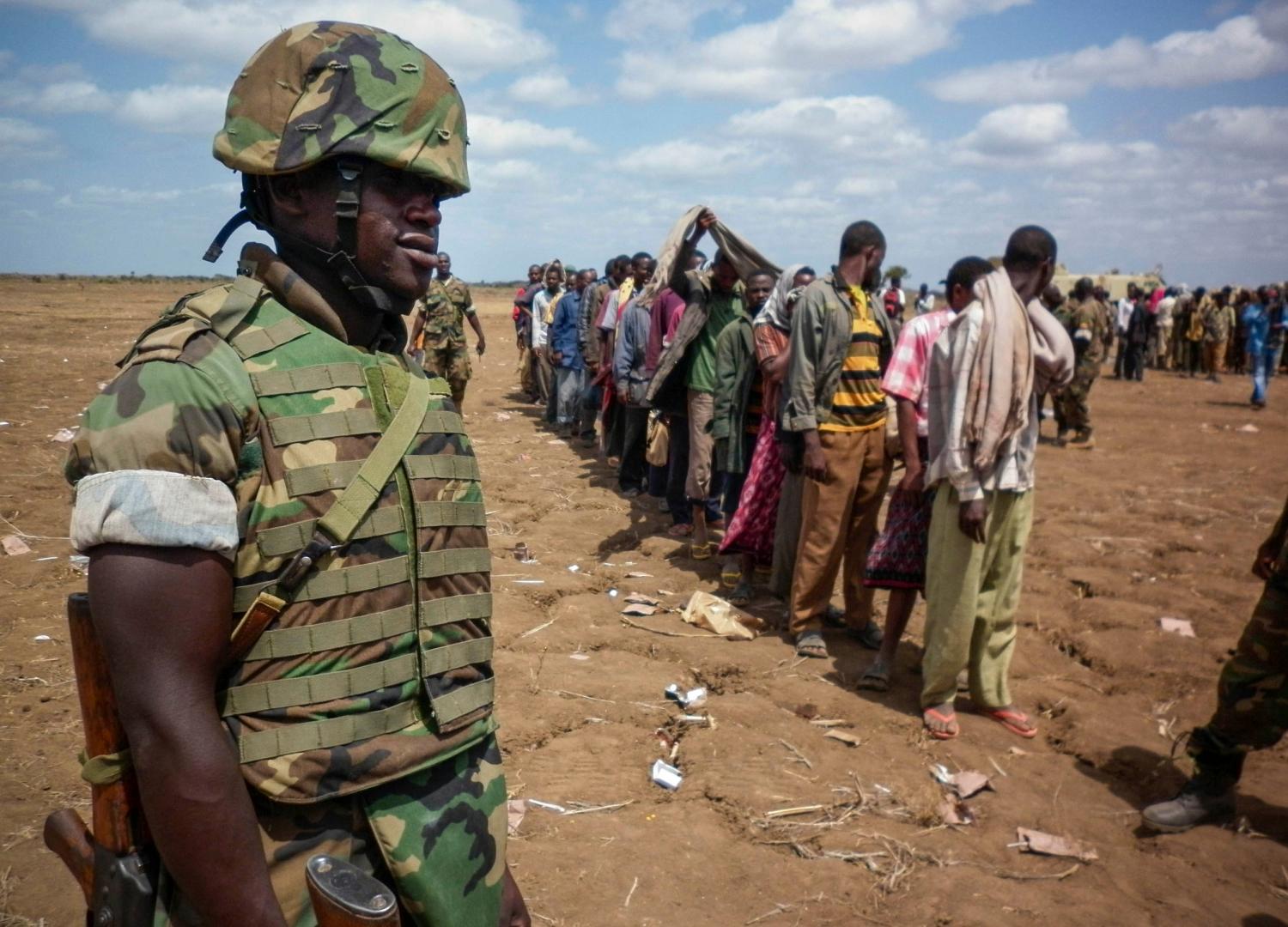
As Türkiye-Ethiopia relations deepened through regular contact and mutual visits on a positive and friendly basis, trade volume increased from approximately $27 million in 2000 to around $345 million in 2023. The target is to increase trade volume to $1 billion over the next five years.
Türkiye ranks among the top four countries in terms of direct foreign investments in Ethiopia. As Turkish companies’ interest in Ethiopia grows, 70 Ethiopian firms and 250 Turkish firms attended the Türkiye-Ethiopia Business Forum, which was organized by the Independent Industrialists and Businessmen’s Association (MUSIAD) in Istanbul on May 27, 2024.
Ankara also enjoys a close economic, diplomatic and military friendship with Somalia.
In Somalia, Turkish nongovernmental organizations (NGOs) and companies are extensively active in education, energy a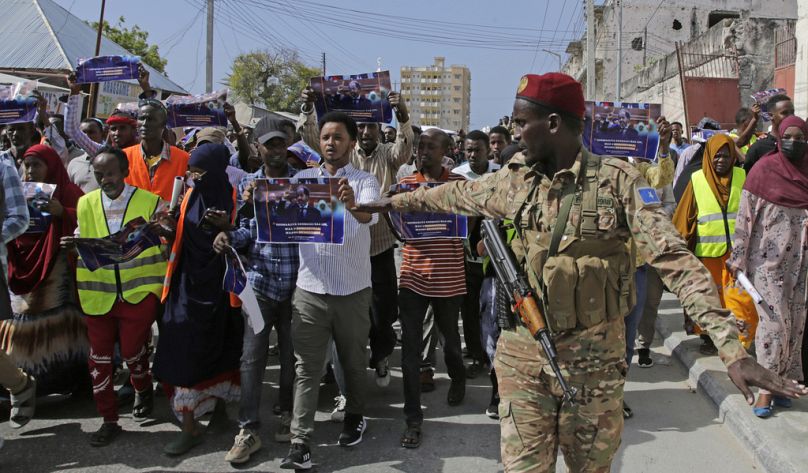 nd finance.
nd finance.
Türkiye has become a close ally of the Somali government since President Recep Tayyip Erdoğan first visited Mogadishu in 2011, training its security forces and supplying development assistance.
The two nations signed a defense pact in February under which Ankara will provide maritime security support to Somalia to help the African country defend its territorial waters.
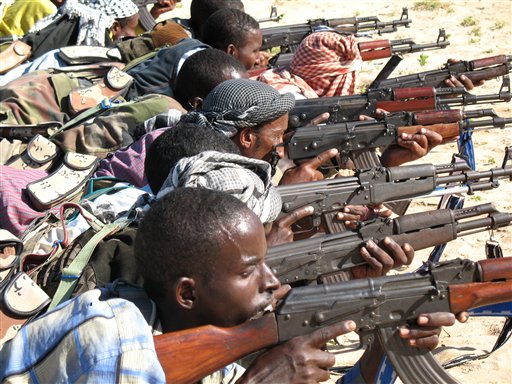
Türkiye has built schools, hospitals and infrastructure and provided scholarships for Somalis to study in Türkiye, and in return, secured a foothold in Africa and on a key global shipping route.
- Previous Tajiks wants to build railway to Afghanistan again: dropped this project in 2016
- Next Israel first policy might drag to yeat another endles war in Middle East: this time against Iranmind on retaliation, experts say



